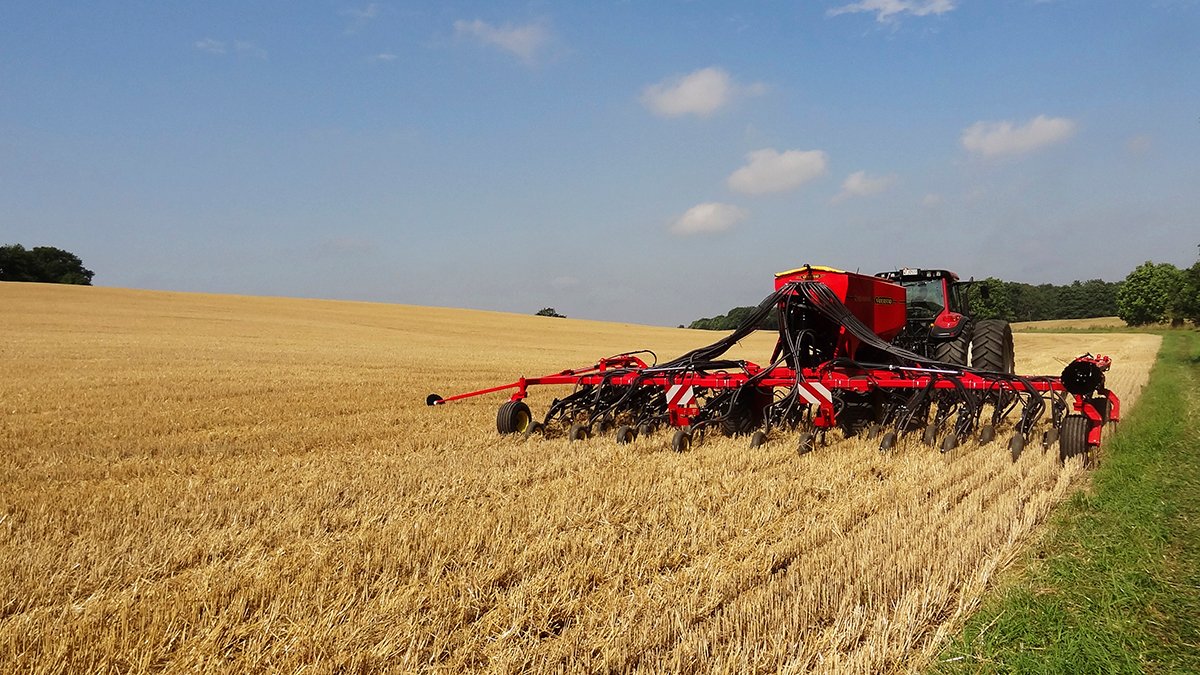The farm accounting process is often one of the least glamorous parts of running a business. However, it’s also an incredibly important aspect that can make or break your company’s ability to succeed financially.
That’s why all farmers must keep accurate records and monitor their spending closely even if they have access to other financial support such as loans or partners.
Here are five tips for doing just that:
-
Keep accurate records
It’s important to keep accurate records of your farm operations. And farm accounting is the only way that you’ll be able to know how much money is coming in, and where it’s going out.
Keep track of your income and expenses by using a system that works for you, whether it’s Excel spreadsheets or an accounting software package like QuickBooks Online. The key thing is that whatever system you use should be easy for everyone on staff at the farm–from managers down through interns–to use regularly.
-
Know when to farm out accounting
If you’re not an accountant, or if you don’t have the time or resources to learn accounting basics, then farming out accounting is probably a good idea.
If you need help with business plans and budgets, then hiring an expert is worth considering as well.
-
Use the right software for your farm
The right software can make all the difference in your accounting operations. It should be able to handle all your needs, including managing inventory and accounts payable, recording sales and purchases, tracking taxes and payments due to government agencies, generating reports for management review or tax purposes, and integrating with other programs.

-
Keep an eye on expenses
Keeping an eye on expenses is one of the most important accounting tips for farmers. By tracking your expenses, you can identify where money is being wasted and make changes to reduce costs. The cost of production is one of the biggest expenses that a farm faces each year–it includes all costs associated with producing your products or services, including labour, equipment and materials. Other common expenses include taxes, utilities and insurance premiums.
-
Stay on top of your tax situation
As you’re operating your farm, it’s important to stay on top of your tax situation. Here are some tips for making sure that you are taking advantage of all the deductions and credits available:
-
- Keep good records. Make sure that all business expenses are documented so they can be deducted from income at tax time; this includes everything from travel costs to equipment purchases and repairs.
- Know what taxes apply to your business type–and pay them on time! Different types of farms have different tax obligations.
Conclusion
Now that you have a better understanding of the best farm accounting practices for your farm, it’s time to get started! This can be a daunting task, but don’t worry–we’ve got some tips on where to start. First off, make sure all of your records are up-to-date and accurate. Then look into whether or not hiring an accountant would be beneficial for your business.


